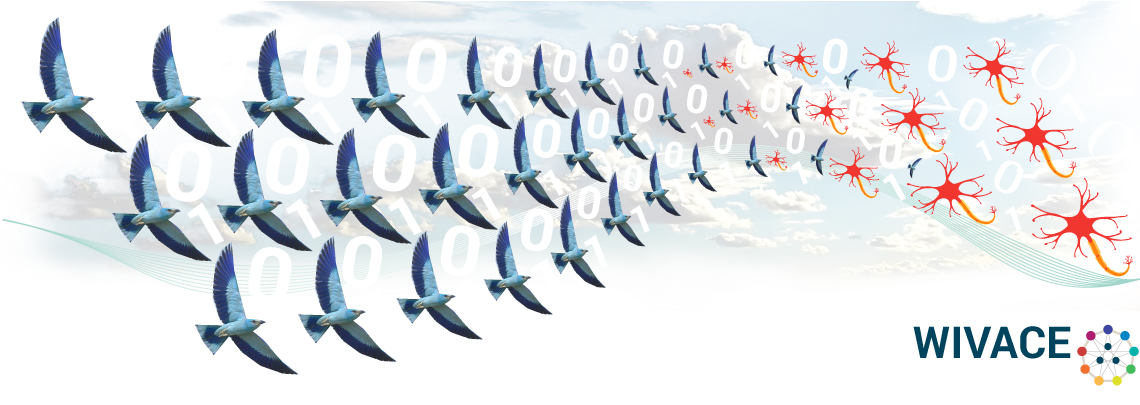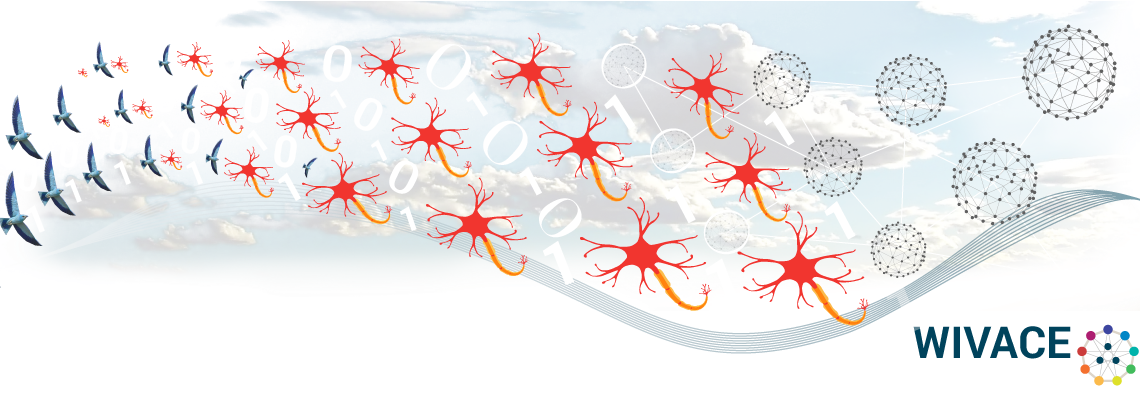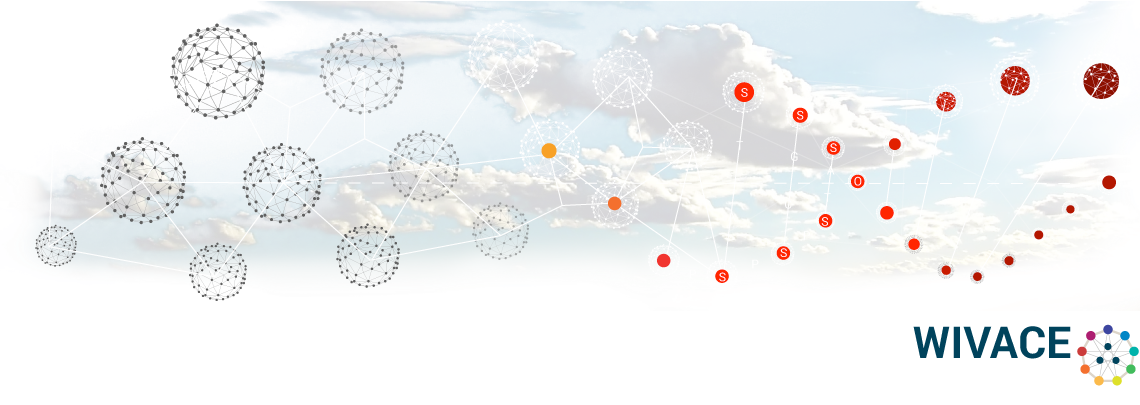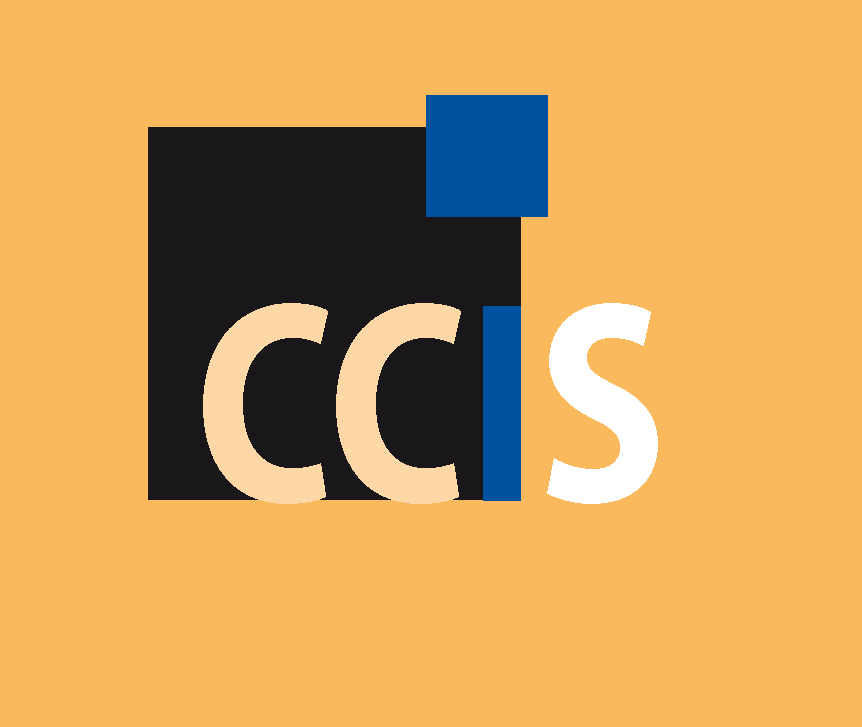Leonardo
Vanneschi, NOVA IMS, Universidade Nova de Lisboa,
Portugal
Genetic Programming: Introduction and Applications. A
Perspective after thirty years from the first John Koza's
book

Abstract: In 1992, John R. Koza published his first book on Genetic Programming (GP): "Genetic Programming: On the Programming of Computers by Means of Natural Selection". This ground-breaking book paved the way for the establishment of a new field of study. It influenced the work of thousands of researchers and practitioners worldwide, many of whom aimed to continue the exploration, formalization and improvement of the original formulation of GP and/or to apply GP to challenging problems. In this presentation, GP is introduced both recalling Koza's original ideas, as well as new variants that, although inspired from that idea, have been published along the years, re-injecting novelty in the field. Then, existing successful applications of GP are discussed, pointing out some potential competitive advantages of GP, compared to other existing Machine Learning methods. Finally, the idea of using GP as a meta-learner is presented, opening the door to a discussion of future perspectives.
Short Bio: Leonardo Vanneschi is a Full Professor at the NOVA University of Lisbon, Portugal. His main research interests involve Machine Learning, Data Science, Complex Systems, and in particular Evolutionary Computation. His work can be broadly partitioned into theoretical studies on the foundations of Evolutionary Computation, and applicative work.. He has published more than 200 contributions and he has led several research projects in the area. His work has been consistently recognized and appreciated by the international community from 2000 to nowadays. In 2015, he was honoured with the Award for Outstanding Contributions to Evolutionary Computation in Europe, in the context of EvoStar, the leading European Event on Bio-Inspired Computation
Giovanni
Iacca, University of Trento, Italy
When Explainable AI and Evolutionary Computation meet

Abstract: Motivated by the need for explanations in safety-critical applications, the field of Explainable Artificial Intelligence (XAI) has recently attracted a great interest in the AI community. Interestingly, some of the advances in XAI are based on Evolutionary Computation (EC). For instance, Genetic Programming has been extensively used to induce various kinds of white-box models, such as decision trees or rule-based systems. On the other hand, also within the EC field there is now a growing concern about explainability, since one may often need to explain how a population-based method conducted its search process and reached a certain outcome. In this talk, first I will give a general overview on the connection between EC and XAI. Then, I will highlight some recent works where EC has been used, also in connection with Reinforcement Learning, to create systems capable of solving in an interpretable way a variety of tasks, e.g., in medical imaging and pandemic control. Finally, I will discuss what I believe are the most interesting challenges and opportunities that lie at the intersection of the two fields.
Short Bio: Giovanni Iacca is an Associate Professor in Computer Engineering at the Department of Information Engineering and Computer Science of University of Trento, Italy, where he founded the Distributed Intelligence and Optimization Lab (DIOL). Previously, he worked as postdoctoral researcher in Germany (RWTH Aachen, 2017-2018), Switzerland (University of Lausanne and EPFL, 2013-2016) and The Netherlands (INCAS3, 2012-2016), as well as in industry in the areas of software engineering and industrial automation. He was co-PI of the FET-Open project "PHOENIX" (2015-2019), and currently is co-PI of the PATHFINDER-CHALLENGE project "SUSTAIN" (2022-2026). He has received two best paper awards (EvoApps 2017 and UKCI 2012). His research focuses on computational intelligence, stochastic optimization, and distributed systems. In these fields, he co-authored more than 100 peer-reviewed publications, and he is actively involved in the organization of tracks and workshops at some of the top conferences in the field of computational intelligence. He also regularly serves as reviewer for several journals and conference committees.








